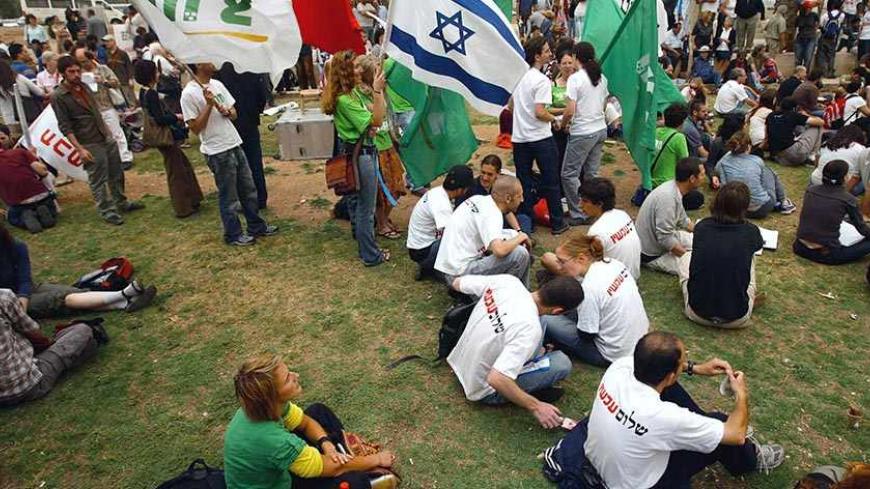In October 2003, while the second intifada was raging, the Israeli media uncovered a diplomatic initiative that sent the country’s political system into turmoil. The scope of the public debate surrounding it surprised even its architects on the Israeli side: former minister Yossi Beilin and former chairman of the Israel Labor Party Amram Mitzna.
The right-wing prime minister of the time, Ariel Sharon, was then at the height of his political power, leading a party holding 38 seats. Yet even he found himself challenged by the virtual peace agreement signed in Geneva between Beilin, who was then the chairman of the small opposition Meretz Party, and the Palestinian adviser and politician Yasser Abed Rabbo, who held no official position. Sharon came out against those forces on the left who acted behind the government’s back and collaborated with forces he claimed were hostile to the State of Israel. He tried, to no avail, to delegitimize what has come to be known as the Geneva Initiative and the people behind it.



